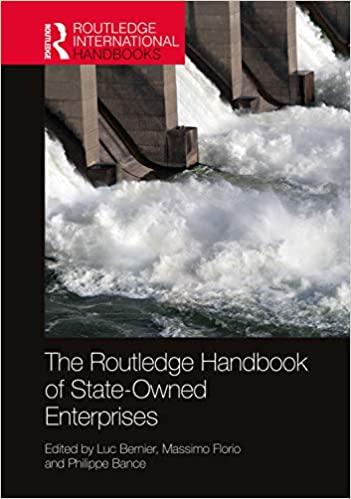Question
Greta, an elderly investor, has a degree of risk aversion of A = 3 when applied to return on wealth over a one-year horizon. She
Greta, an elderly investor, has a degree of risk aversion of A = 3 when applied to return on wealth over a one-year horizon. She is pondering two portfolios, the S&P 500 and a hedge fund, as well as a number of 3-year strategies. (All rates are annual, continuously compounded.) The S&P 500 risk premium is estimated at 6% per year, with a SD of 18%. The hedge fund risk premium is estimated at 10% with a SD of 36%. The return on each of these portfolios in any year is uncorrelated with its return or the return of any other portfolio in any other year. The hedge fund management claims the correlation coefficient between the annual returns on the S&P 500 and the hedge fund in the same year is zero, but Greta believes this is far from certain.
Compute the estimated 1-year risk premiums, SDs, and Sharpe ratios for the two portfolios. (Do not round your intermediate calculations. Round "Sharpe ratios" to 4 decimal places and other answers to 2 decimal places.)
Step by Step Solution
There are 3 Steps involved in it
Step: 1

Get Instant Access to Expert-Tailored Solutions
See step-by-step solutions with expert insights and AI powered tools for academic success
Step: 2

Step: 3

Ace Your Homework with AI
Get the answers you need in no time with our AI-driven, step-by-step assistance
Get Started


